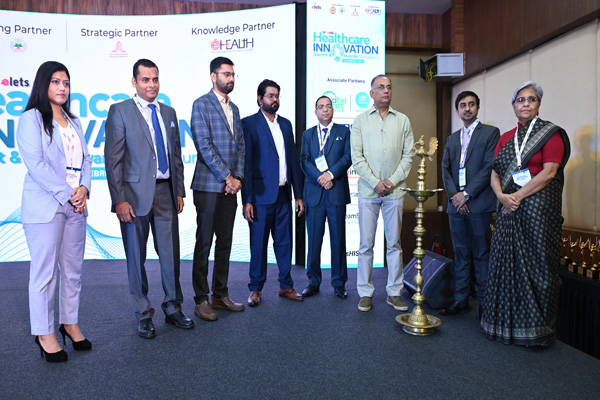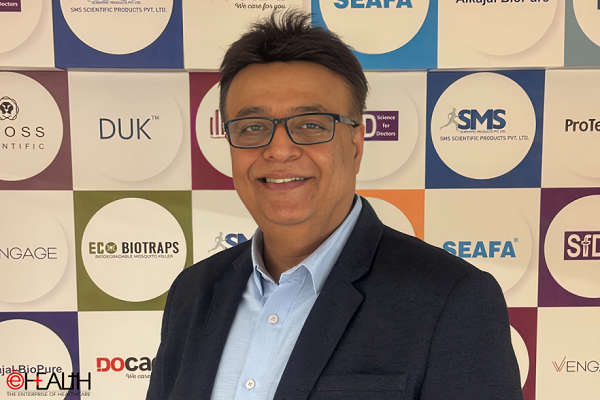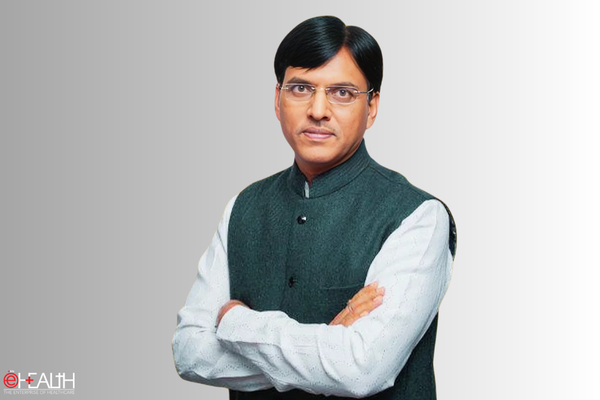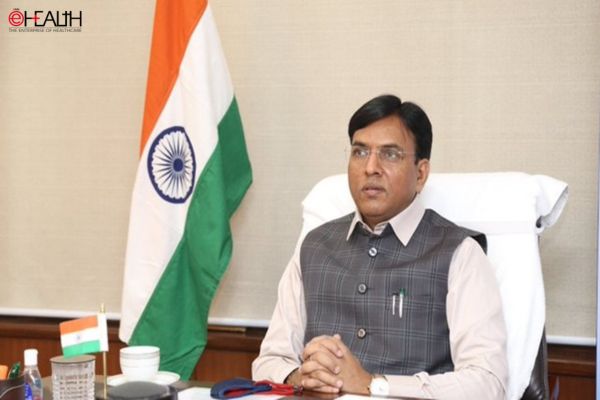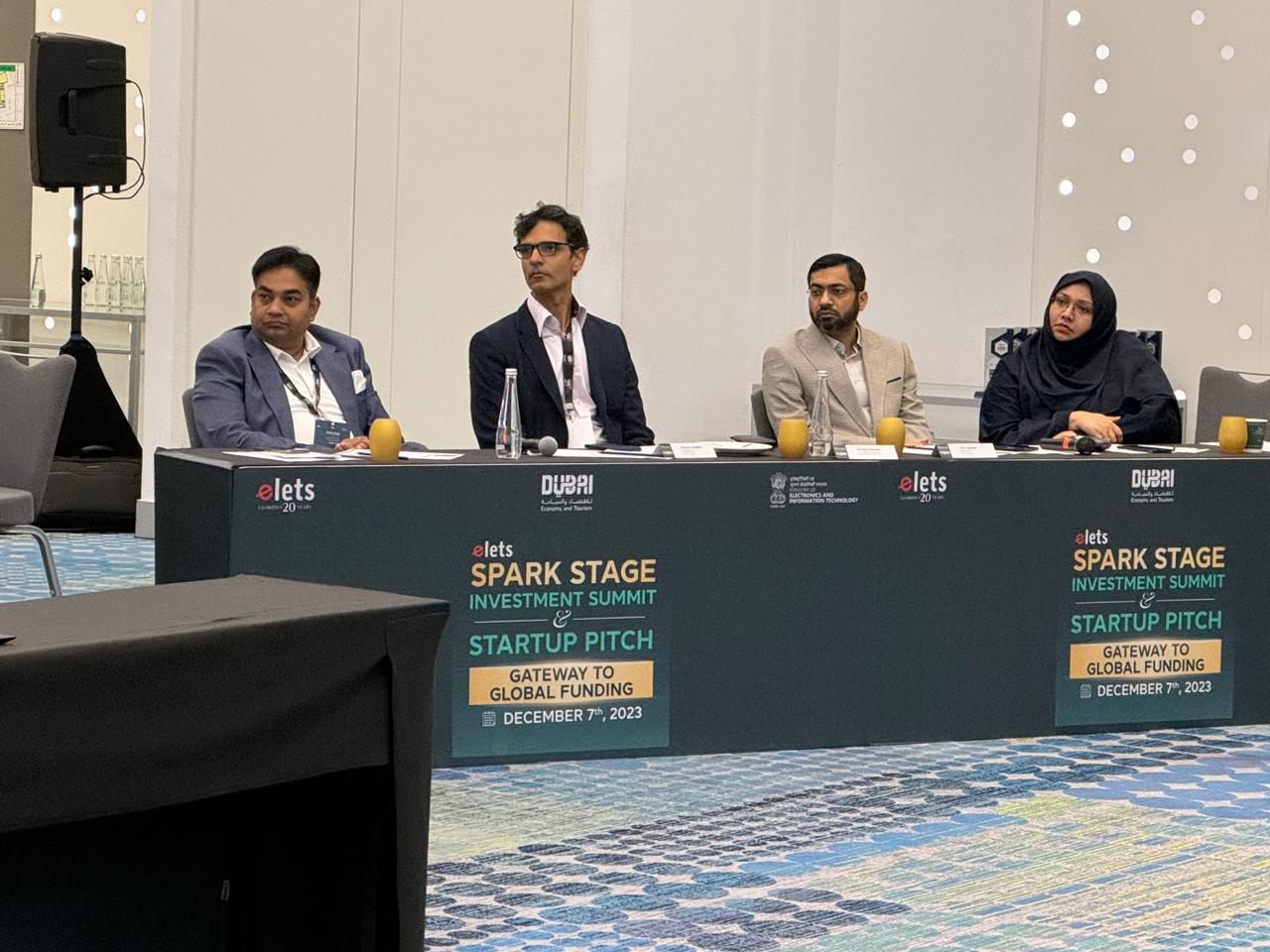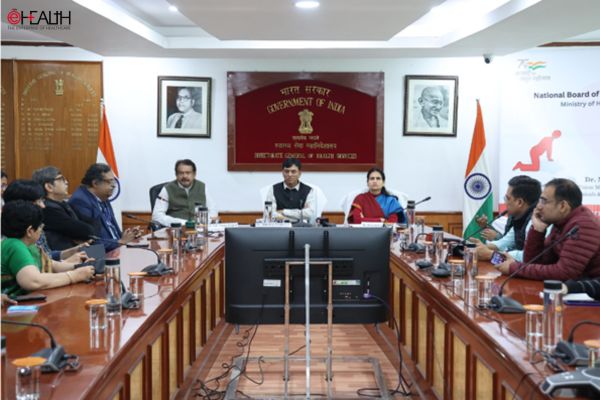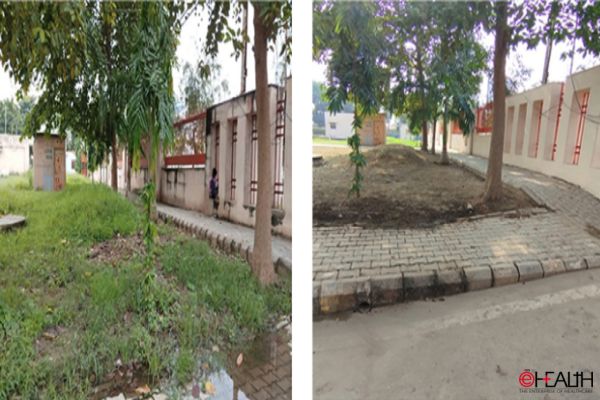
A significant step has been taken to improve laboratory capacity for quality control of traditional and herbal products in the South East Asia region by the Pharmacopoeia Commission for Indian Medicine & Homoeopathy (PCIM&H), Ministry of Ayush in collaboration with WHO South East Asia Region (WHO-SEARO). Dr. Raman Mohan Singh, Director, PCIM&H, and other dignitaries, Pramod Kumar Pathak, Special Secretary, Ministry of Ayush, inaugurated a 3-day training session in the presence of Dr. Kim Sungchol, Regional Advisor-Traditional Medicine, WHO South-East Asia Regional Office. This is the first time in the nation that such an exercise is being held.
This training programme is hosting 23 participants from 9 nations (Bhutan, Indonesia, India, Sri Lanka, Thailand, Nepal, Maldives, Timor Leste, and Bangladesh) with a goal to provide knowledge of laboratory-based methodologies and procedures for preserving the quality of traditional and herbal goods.

Pramod Kumar Pathak, Special Secretary, Ministry of Ayush, spoke at the event and stated, “As per the Research and Information System Centre for Developing Countries report, the industry is projected to reach US$ 23.3 billion in 2022. With an increasing market, the quality issues of herbal materials are also becoming increasingly worrying due to adulteration. The uniformity in lab-based quality control will be able to evaluate the quality of the herbals often altered by various physical, chemical, and geographical aspects.”
Dr. Kim Sungchol, Regional Advisor-Traditional Medicine, WHO South-East Asia regional office, said, “WHO-SEARO has successfully organised regional workshops and training for other countries. One of the key recommendations that were made by member countries during these regional workshops was to ensure regulatory capacity, and that is why we are organizing this first training session in collaboration with PCIM&H, Ministry of Ayush.”
Standards for unprocessed herbal material and best practices are among the quality control procedures (including agricultural, cultivation, collection, storage, manufacturing, laboratory, and clinical, etc.). To assure safety and efficacy, specific and standardised licencing programmes for manufacture, import, export, and marketing should be put into place.

Maintaining the right quality, potency, and effectiveness of herbal medicines is becoming more difficult due to the expanding market. This needs to be improved by creating a network of laboratories with the capacity to control the quality of traditional and herbal products. This special programme will give participants hands-on training in laboratory techniques for quality control of conventional and herbal products, including macroscopy, microscopy in pharmacognosy, phytochemistry, microbiology, and other advanced instruments/technologies like High-Performance Thin Layer Chromatography (HPTLC), Gas Chromatography, etc.
Be a part of Elets Collaborative Initiatives. Join Us for Upcoming Events and explore business opportunities. Like us on Facebook , connect with us on LinkedIn and follow us on Twitter , Instagram.


